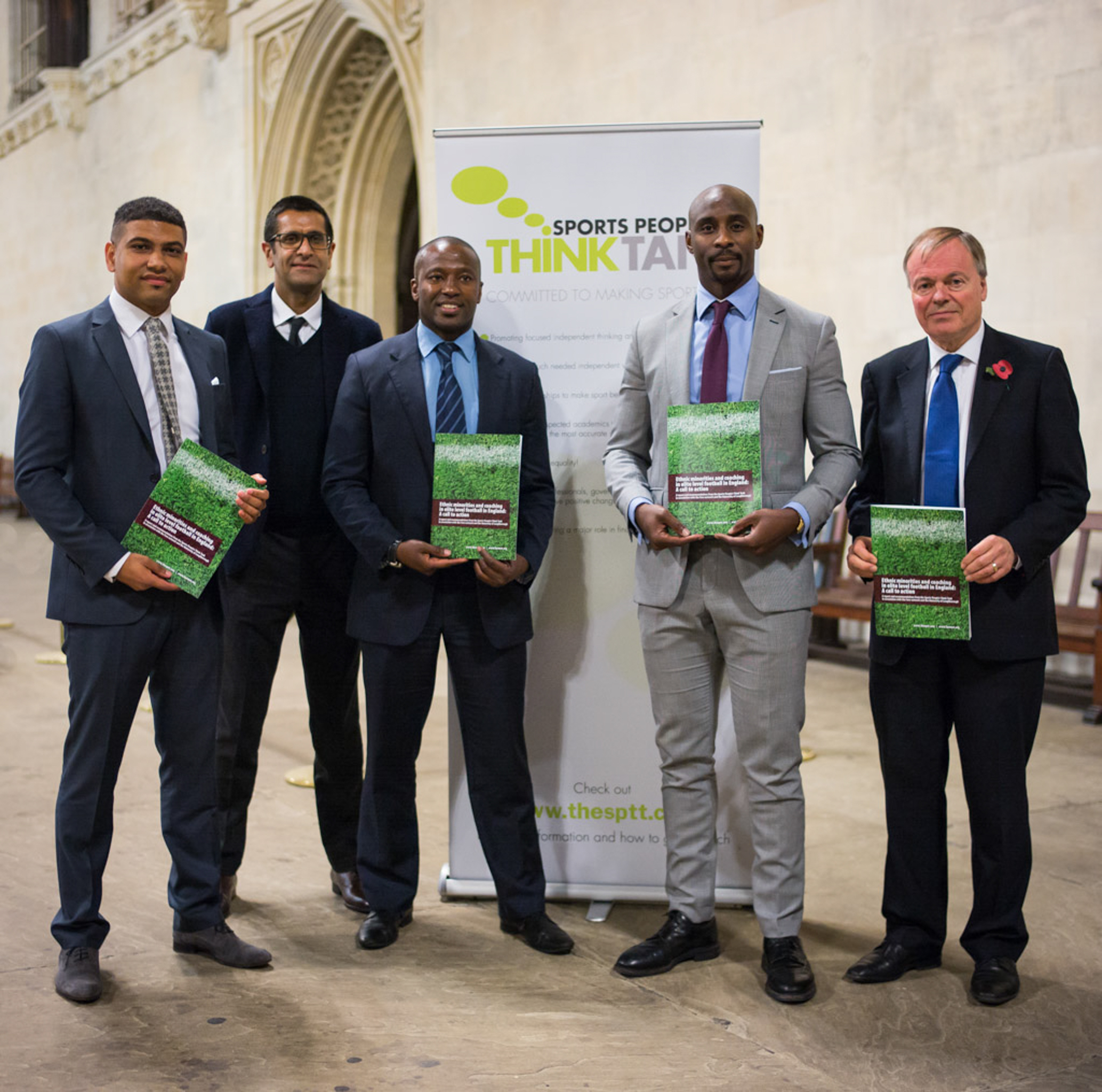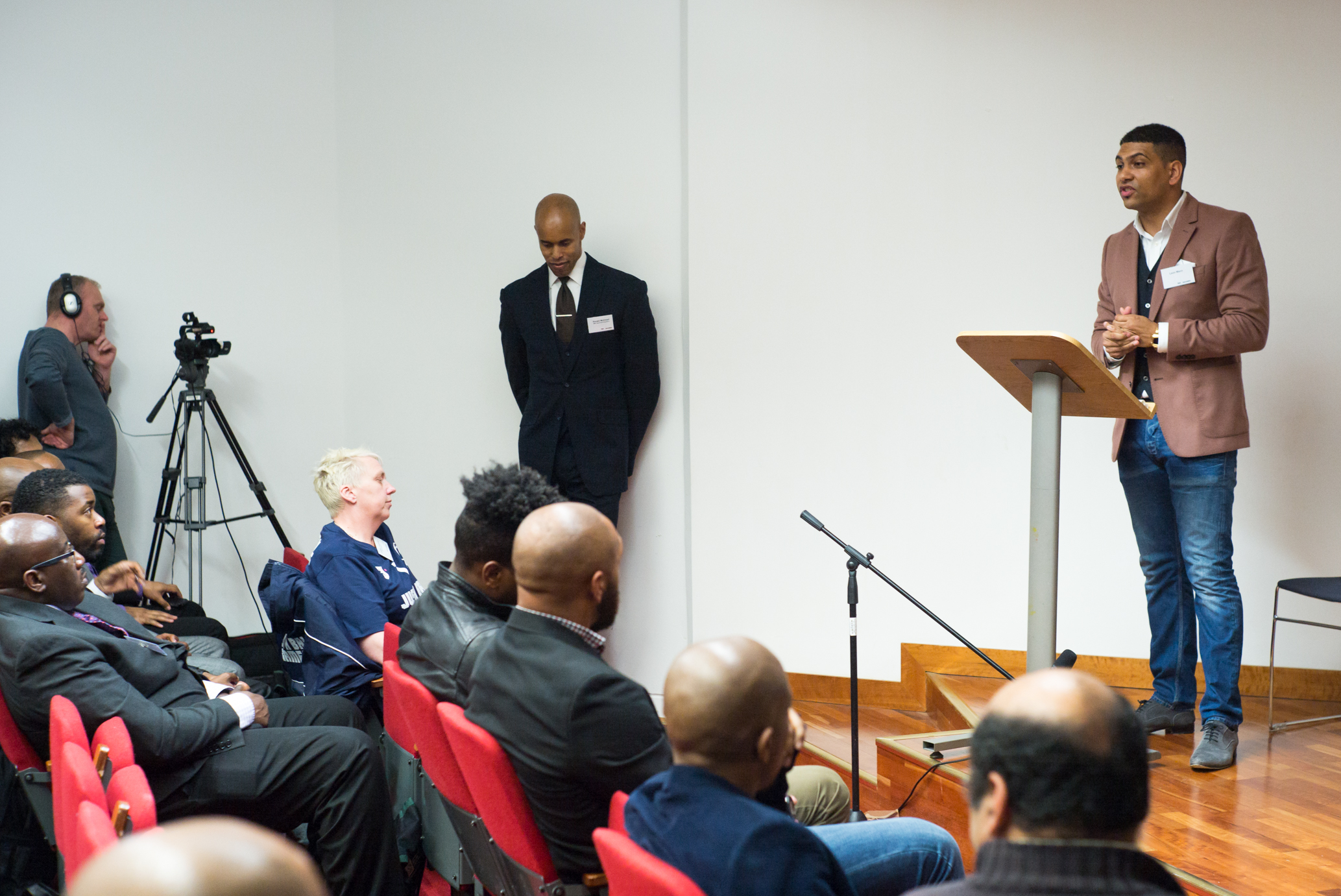
So what does the bigger picture look like for the black community in the sports industry at the end of 2014?
Well – our sports stars continue to excel. Lewis Hamilton, was named BBC Sports Personality of the Year after a magnificent championship – where he won the F1 title for the second time. Other notable achievements include Yaya Toure pretty much single handedly winning Manchester City the Premier League, Daniel Sturridge shining for Liverpool and England, and Raheem Sterling impressing for club and country, too. In the women’s game Eni Aluko absolutely smashed it for England scoring 13 in ten World Cup qualifiers.
Away from football, Margret Alphonsi deserves a special shout out for playing a key role in England women’s Rugby World Cup victory. James Dasaolu, Mo Farah, Tiffany Porter, Jodie Williams and Asha Phillip are just a few names from the athletics world who enjoyed 2014. Morgan Lake was in fabulous form at the World Juniors. Meanwhile in boxing, Anthony Joshua is fast becoming a super star.
The bigger picture on the pitch, track and in the ring, is our community is still punching way above it’s weight. The black community makes up 3% of the UK according to the last census – add in the 2% of mixed race people (the census separates, not me) – making our collective achievements even more remarkable.
But the regulars who read my column will know I am just as interested, maybe even more so, in what is happening away from the action. Where decision makers shape the sport we consume and participate in – historically, often without our input or consent.
I was involved in the launch of the Sports People’s Think Tank (SPTT) this year – together with former Premier League stars; Jason Roberts MBE, Michael Johnson and Darren Moore. Our first report into the lack of black managers and coaches made major waves. We found that only 19 positions of the top 552 coaching jobs in football were held by BAME coaches. An incredible stat given up to 30% of professional players in England are black.
This research was hugely significant. It moved the conversation beyond whether there is a problem. Statistics in black and white are very hard to argue with. Now the focus of debate and discussion is how to address this stark underrepresentation. Progress.
Sporting Equals also revealed some alarming stats this year. Their report focused on the boardrooms across all sports. They found only 14 BAME people across 449 boardroom positions. Just think about that for a moment. 14 out of 449 decision makers.
Ahead of this research, earlier in the year, I was part of a group of former footballers who had graduated from a corporate governance course aimed at getting BAME people onto boards. The course, delivered by Professor Karl George MBE, is now working with a second cohort and has placed a number of graduates on boards already. Once again – progress.
And our sports stars are finding their voices. Forget the birthday cake nonsense in the summer, just weeks before that Yaya Toure told the world that African’s were not treated fairly and this needed addressing. The Ivorian also spoke out about racism in football, highlighting online abuse on twitter and before that suggesting that black players may have to boycott World Cup’s in the future if racism is not dealt with sufficiently.
In America, sports stars across the continent continue to use their profile to take a stand. In the NBA, former Clippers owner made a racist remark – so players including Lebron James, spoke loudly against him. Later in the year, Lebron and his teammates wore t-shirts with the slogan, “I can’t breathe”, in support of the family of Eric Garner, who died on 17 July after a police officer placed him in a chokehold when he was being arrested on suspicion of selling loose untaxed cigarettes.
In conclusion, while our community is massively underrepresented in the corridors of power in sport – the fight is being fought. No longer are we solely talking about abuse on the pitch, we are now recognizing the institutional exclusion off it… and it’s significance. Leaders are emerging. Many of them are current and former sports people using their profile to raise concerns affecting all black people.
It is easy, and often very tempting, to be cynical about how much progress our communities are actually making when problems of racism and exclusion are so rife. However, I hope we can reflect on what has been achieved in 2014 – and see it for what it is… a step in the right direction.
Things move to the next level in 2015.
– This column first appeared in The Voice Newspaper – the UK’s leading black community paper.



